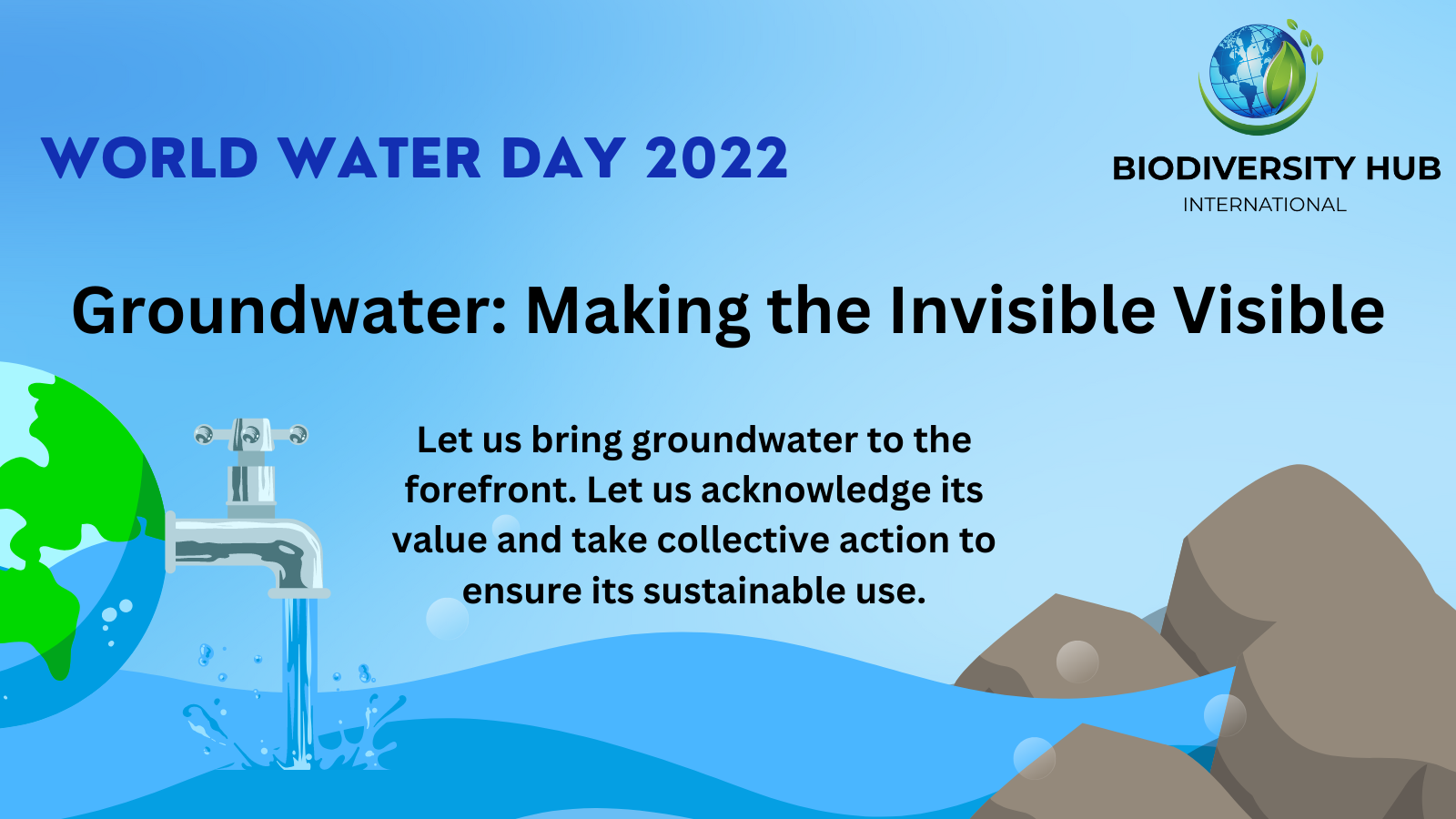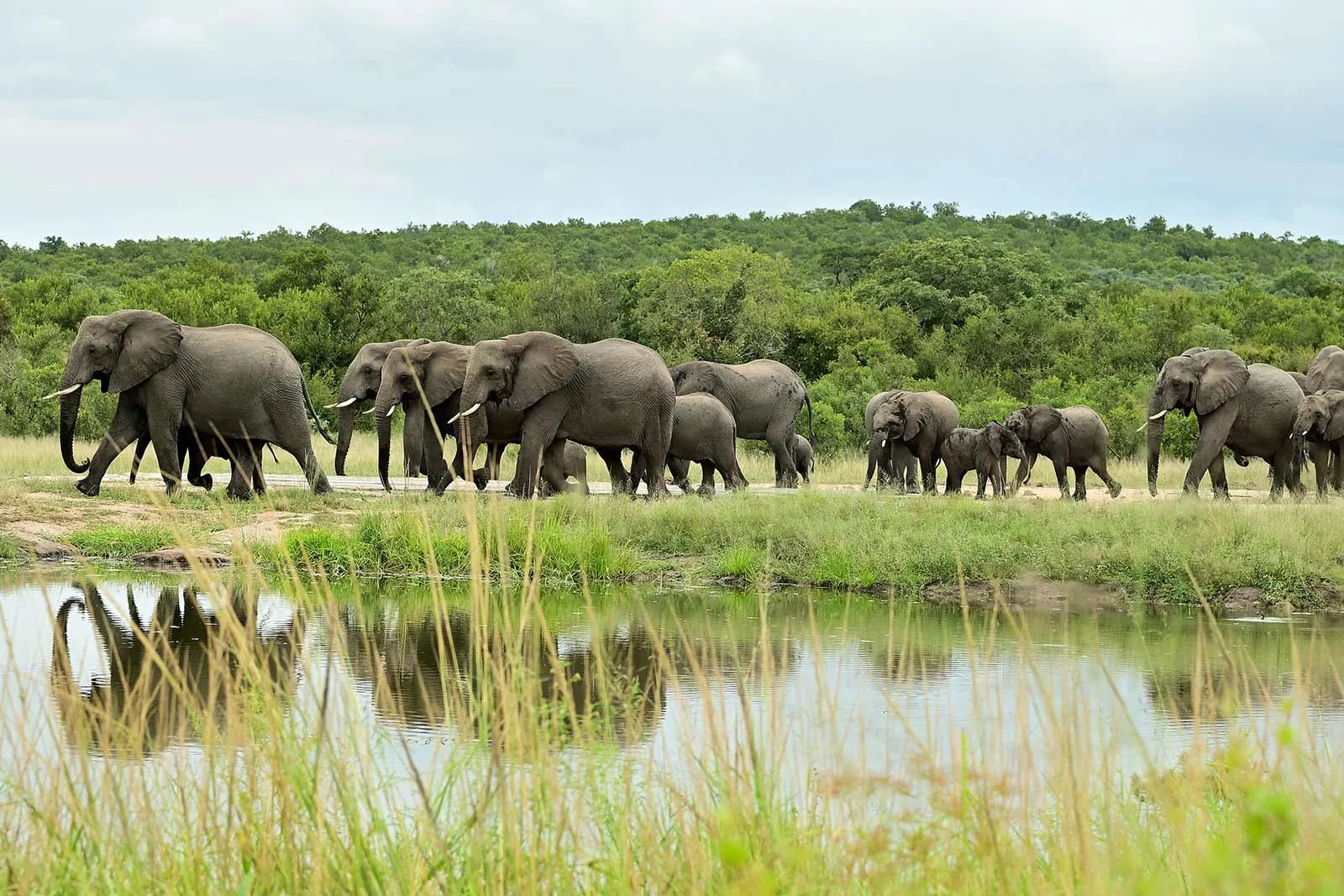The Global Environment Facility’s Council body allocated $1.4 billion to support efforts tackling the climate, biodiversity, and pollution dilemas.
The Global Environment Facility Council develops, adopts and evaluates the operational policies and programs while reviewing and approving the work programs for the activities it finances.
GEF was created in 1992 at the Earth Summit in Rio de Janeiro as a financial body to facilitate developing countries to take action on stressing environmental challenges. Today, it has grown in scope while addressing current threats and with priority solutions.
The Council’s support focuses on the root causes of environmental degradation that call for environmental diplomacy, following recent conventions on biodiversity, oceans, plastic pollution, and climate change.
Funding is meant to support 136 countries while addressing species and habitat loss, as aligned with the Kunming-Montreal Global Biodiversity Framework that had 4 goals for 2050 and 23 targets for 2030.
It covers 94 percent of all countries eligible for GEF support, which include developing countries, countries with economies in transition, Least Developed Countries, and Small Island Developing States.“This support will enable developing countries to deliberately respond to environmental concerns that affect the planet,” said Carlos Manuel Rodríguez, Costa Rica’s former environment and energy minister who became GEF CEO and Chairperson in 2020.
The GEF funding will generate another $9.1 billion in co-financing from other sources, for total support of $10.5 billion all of which will contribute to attaining the common goals.
Council members, representing constituent groups of the multilateral fund with 185 member countries, expressed strong support for efforts to address environmental threats in a holistic manner.
The new funding for the Amazon will strengthen conservation governance and improve regional collaboration across seven Amazon basin countries while fostering protection of primary forests and other targeted areas and building on past efforts supported by the GEF. The goal is to maintain and restore the ecological integrity of the Amazon basin, which comprises 650 million hectares of forest and 100 million hectares of freshwater ecosystems.
Funding from the Brasilia meeting will also facilitate work programs on blue and green Islands, circular solutions to combat plastic Pollution, ecosystem restoration, eliminating hazardous chemicals from supply chains, and a Net-zero.
The work program is projected to benefit 43 Least Developed Countries and 37 Small Island Developing States by facilitating several Integrated Programs and projects including the efforts of six African countries; Democratic Republic of Congo, Cameroon, Central African Republic, Equatorial Guinea, Angola, and Sao Tome and Principe as they tackle forest loss and degradation.
The Eastern Tropical Pacific marine corridor that connects the waters of Colombia, Costa Rica, Ecuador and Panama is another initiative to be supported in the work program and this will improve international cooperation among countries which have already protected more than 30 percent of their seascapes. The council also allocated $14 million that will be used to mobilize another $53 million from other sources to boost the Conservation International-managed project, which aims to support biodiversity and conservation in at least 31 million hectares through enhanced regional governance of the oceans.
This has been the second work program of the GEF’s 8 funding period that has to run from 2022 to 2026. In the course of this period, $5.3 billion in donor funding has been released of which much support will be delivered through six of eleven new Integrated Programs, designed to target environmental degradation across many sectors for a maximized impact.
According to the work program approved in Brasilia, GEF will deploy non-grant resources such as loans, guarantees, and concessional finance to reduce the risks of lead projects in order to attract private investment.
Finance projects, whose selection followed a call for proposals, include initiatives related to clean energy technology in Chile and India, and sustainable food systems in Asia and the Pacific and Latin America and the Caribbean.
GEF’s new investments will allow countries to promote the 4 goals and the 23 targets of the Kunming-Montreal Global Biodiversity Framework, which was undertaken at the Convention on Biological Diversity COP15 in December.
Photo by IISD earth negotiation bulletin.



